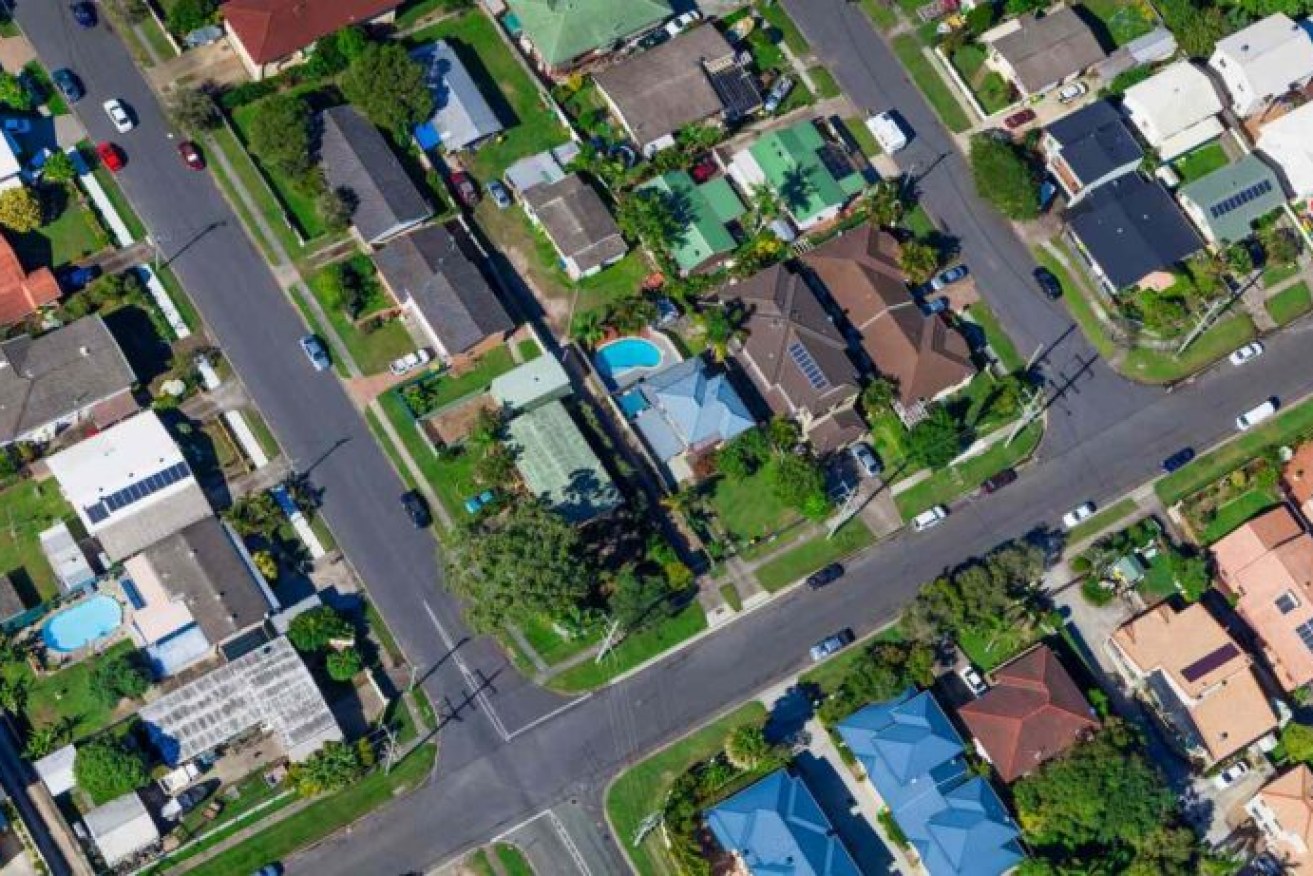‘Vacancy tax’ on empty housing call for state budget
A tax on empty dwellings to tackle the housing crisis and increased mental health service funding are among state budget submission calls by the South Australian Council of Social Services.


SACOSS urged the state government to consider new taxes and extra investment in mental health services, as part of its 2024-25 state budget submission.
“Cost of living pressures are hitting many households, but particularly those on low incomes, and there is a rental crisis putting many South Australians in housing stress or at risk of homelessness,” the submission said.
“The health system remains under stress, particularly in mental health where there is an alarming level of unmet need, and there are additional challenges for those in regional areas.”
SACOSS – the peak body for the non-government health and community services sector – said it had identified nine priority areas for budget expenditure or taxation reform.
Its more radical proposal is for a the introduction of a vacancy tax: “essentially an increased rate of land tax and council rates on land and buildings that are not being utilised after a set period”.
“It is an outrage that South Australia has homeless people and unaffordable houses while there are housing properties sitting empty,” the submission said.
SACOSS pointed to data showing there were nearly 84,000 unoccupied dwellings across the state on Census night, and that “any properties left vacant that could be let are desperately needed on the market”.
It also said that accommodation providers like Airbnb and Stayz made the rental availability situation “worse” in South Australia.
The vacancy tax “could be designed in such a way as to capture houses used for short-stay accommodation…or it could be supplemented by an additional tax on short-stay platforms”.
The organisation also proposed replacing stamp duty with a “broad-based land tax paid by all property owners” in order to remove barriers to first home buyers.
SACOSS acting CEO Dr Rebecca Tooher said “after 30 years of decline in the public housing estate, we need to keep investing to ease supply pressures in the market while keeping pace with population growth and maintenance requirements”.
“In the private market, a vacancy tax could increase effective housing supply, while an opt-in annual land tax in place of stamp duty payable on purchase could help people buy and sell houses more easily,” she said.
SACOCSS also called for $62.5 million extra per annum to be added to the state budget for additional mental health funding. This is supported by the Mental Health Coalition which first called on extra funding following the release of the Unmet Needs Report last year which found services were underfunded by $125 million per year leaving 19,000 with unmet mental health requirements.
“This shortfall in service provision is alarming in its own right and it also has impacts on the broader health system,” SACOSS’ submission said.
“We estimate that investing to close the gap in psychosocial service provision could reduce mental health admissions to SA hospitals by up to 11,000 per annum.”
The peak body also renewed calls for concession system reform, having released a report on the system earlier this year.
SACOSS said money should be set aside in budget planning “for the more ambitious change proposals that are recommended through the government’s concessions reform process”.
The body’s priorities include increasing the ‘Cost of Living Concession’ for renters to the level paid to homeowners, expanding eligibility for public transport concessions and Ambulance Cover, introducing a cost of living/energy/water concession for share-house residents and replacing the current flat-rate energy concession with a usage-based payment to better reflect need.
“We know the government has done considerable work in looking at the current concessions system and scoping reform options,” Tooher said.
“We need to see reforms, appropriately funded, that result in a concessions system that is fairer for the people most in need of concessions assistance.”
Development of Upper Spencer Gulf services was another priority for SACOSS ahead of multi-million dollar energy projects in the region.
The state’s State Prosperity Project contemplates a $593 million hydrogen power plant at Whyalla and a potential $5 billion-plus northern water project.
SACOSS pointed to Planning SA estimates that the development of the region could see between $20 billion and $70 billion invested by private companies, with up to 20,000 jobs created in the construction phase and at least 3000 long-term jobs.
“This is the type of big-picture, forward-looking government intervention in the economy that SACOSS called for in our last budget submission,” the SACOS budget submission reads.
“However, while we welcome this approach, we have identified some limitations in the planning work undertaken to date.
“Most of the plans focus narrowly on economic growth and the infrastructure and workforce required to enable that growth. They do not consider the social implications of that growth or the health and community services needed to ensure that no one is left behind and the growth makes a positive contribution to existing communities.”
SACOSS’ submission included a proposal for development of the region, including an audit of all plans and modelling of future needs to “identify where they deal with social planning and the provision of health and community services, where there are gaps, and a full scoping of social service areas where further planning is required”.
SACOSS’ full 2024-25 state budget submission can be read here.




